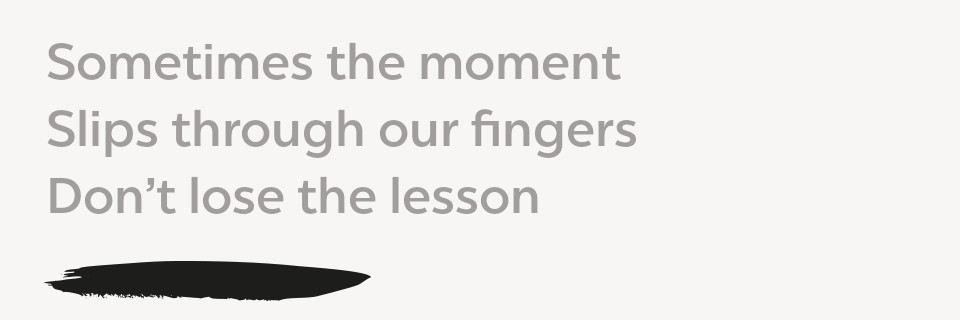“Someone call 911!”
I was in line at the post office last week when I heard this.
I’d left my phone in my truck. The person next to me was dialing. Now, I’m not an EMT or anything, but I was a lifeguard for many years. I looked around at the disorientation and panic on people’s faces. This one was scared. That one was biting their own hand with their eyes wide. Another dissociated, staring at the ceiling like we were in an elevator. The clerk pretended nothing happened. “Not my job, and help is on the way,” their face seemed to say.
I was probably the most qualified person in the room to help.
But I was also in a hurry. I had an appointment to get to, and I was already on the verge of late. I walked to the adjacent room of post office boxes. An elderly woman had apparently fallen, and two people were making her comfortable on the floor. She was conscious, talking, and said she was fine. I heard the ambulance siren, maybe five minutes away.
“She’s okay. Nothing to do here,” I told myself. I walked back to the counter, did what I needed to, and left. It took me about ten minutes to regret it, and realize my irresponsibility.
She could have been bleeding, which I could have controlled, or more likely she could have had a spinal injury, which I could have stabilized. But I didn’t bother to find out because I was in a hurry.
That didn’t fit with my values. The right thing to do was to determine who the most qualified person in the room was to help, and if that was me, to take charge of the situation, and do an actual interview and a head-to-toe exam. If I discovered, for example, that she was diabetic, forgot to take her insulin, and she went into a coma before the paramedics arrived, passing that information on could save her life.
And since the de facto “first responder” said, “Someone call 911,” I already knew they had no training. One of the first things you learn in emergency medicine is that you point at a specific person and make sure they do it. “You! Call 911!” You don’t leave it to chance.
I was filled with regret. When something like this happens, most people see two choices: you can beat yourself up, or you can dismiss it like it doesn’t matter. But there’s a third option: you can get curious about what happened and look for a lesson. That took about an hour, and it led me to a couple questions:
“Where else do I not express care and compassion as much as I feel inside myself?” “Where else do I shrink from my own power in the world?” These questions were fruitful to ask, and though the post-office moment had passed, the inquiry empowered me to make some changes in situations that were still before me.
There’s no such thing as failure if you don’t lose the lesson. (Click to Tweet)
Our childhood conditioning typically teaches us to frame our behavior in terms of right and wrong, without much curiosity to learn. When you do something wrong, you’re supposed to say you’re sorry and not do it again. We don’t usually get support to actually unpack what happened and learn from the mistake (which is what empowers you not to do it again), even though we’re told that we ought to learn.
If you want to learn from your mistakes the first time you make them, consider becoming a Clear and Open Member. It’s likely no one gave you the tools to do this. As much as we all intend to improve, the intention without the tools is a slow journey indeed.


